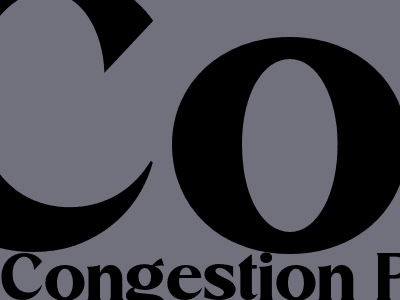
Congestion Pricing Opponents Renew Attacks as NYC Plan Returns
City Council Members and Advocates Argue Plan is Unfair and Ineffective
Congestion pricing opponents are renewing their attacks on the controversial plan as it returns to the forefront of the city’s political debate. City Council members and advocates argue that the plan is unfair and ineffective and would disproportionately impact low-income New Yorkers and small businesses.
The congestion pricing plan would impose a fee on vehicles entering Manhattan’s central business district during peak hours. The plan was first proposed in 2019 but was shelved due to the COVID-19 pandemic. Mayor Eric Adams has revived the plan, and it is currently being considered by the City Council.
Opponents Argue Plan is Unfair
Opponents of the congestion pricing plan argue that it is unfair because it would impose a financial burden on low-income New Yorkers and small businesses. They say that the plan would make it more expensive for people to drive to work, shop, or visit family and friends in Manhattan.
The plan’s supporters argue that it is necessary to reduce traffic congestion in Manhattan. They say that the plan would encourage people to take public transportation, walk, or bike instead of driving. They also say that the plan would generate revenue that could be used to improve public transportation.
Opponents Argue Plan is Ineffective
Opponents of the congestion pricing plan also argue that it is ineffective. They say that the plan would not reduce traffic congestion by a significant amount and that it would simply shift traffic to other parts of the city.
Congestion pricing has been used in other cities around the world and has been shown to reduce traffic congestion and improve air quality. However, it is important to note that the effectiveness of congestion pricing can vary depending on the specific plan and the city in which it is implemented.